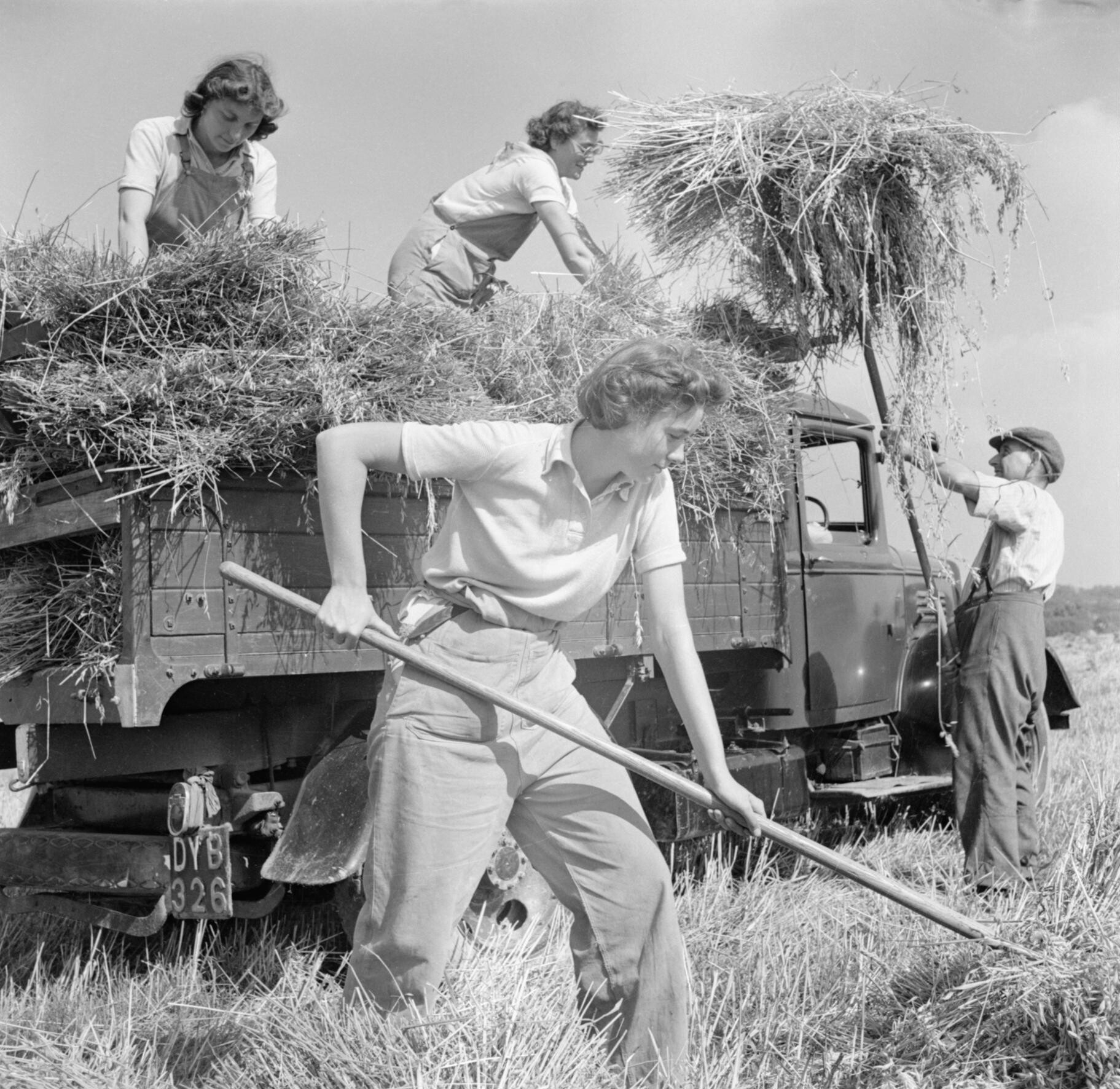Julie Summers discusses how the people of Britain anticipated the end of the war and what lay ahead
Subscribe to All About History now for amazing savings!
While the final actions of WWII in Europe were taking place, those waiting back in Britain had been anticipating victory with growing impatience. We speak with Julie Summers to learn more about life as the war ended.

Julie Summers is an author and historian whose works include Fashion on the Ration and Jambusters. Her latest, Dressed For War is published by Simon & Schuster. Priced £20 (hardback edition), it’s available to buy now from all good book stockists.
Image source: Richard Leon PR
What were the final few months of World War II like for civilians in Britain?
The last few months of the war for British civilians were exhausting. For the previous nine months the Germans had been launching V1 and V2 rockets on London and the south east with lethal effect. Elsewhere, rationing and shortages added to people’s woes and there was a sense of war-fatigue on the one hand and a growing awareness of the horrors that had been perpetrated in Nazi-occupied Europe. The author Barbara Cartland wrote: “We were glad, but still our hearts refused to sing, the shadow of war still lay over us in a restriction of freedom, in controls and coupons.”
How did people prepare for VE Day?
Some people laid on street parties for children while others celebrated in town centres. London was busy, with the streets of the capital packed with ex-servicemen, foreign servicemen and women, and young people out to mark the end of the war. However, the formal celebrations were muted because the country was still at war with Japan.
What were the expectations for people after VE Day?
As after World War I, people wanted and expected life in Britain to get back to normal. Where there had been harmony of purpose during the war years now discontent broke out when people realised that it would be several years until things would return to what they thought of as normal. Rationing was still very much in place and in some cases it got worse – bread was rationed for the first time, for example. And demobilisation led to further clothing shortages, which in turn led to more resentment.
Banner image source: wiki/Imperial War Museums
Read our full interview with Julie Summers in All About History 89, available from our online store now
Subscribe to
All About History now for amazing savings!


